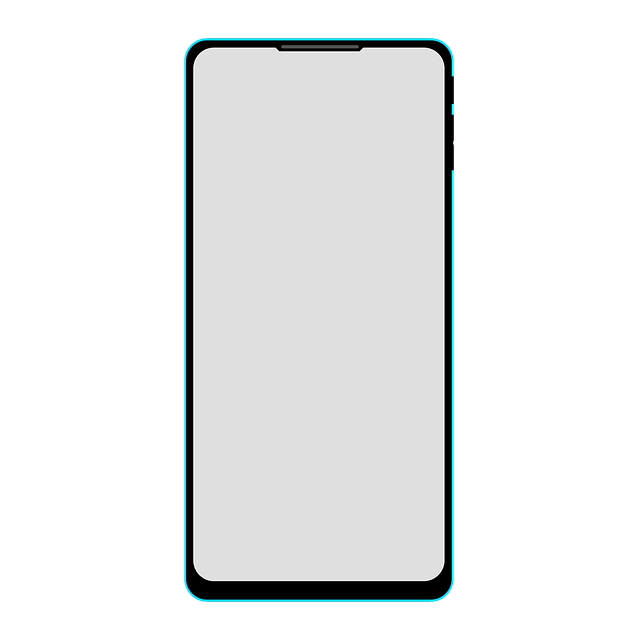The Telephone Consumer Protection Act (TCPA) protects consumers from unwanted phone calls and text messages in West Virginia. Non-compliance can result in significant penalties. Engaging a TCPA Lawyer or Attorney in West Virginia is crucial for businesses and individuals to ensure correct consent practices, defend against legal issues, and avoid spam calls. Charleston's TCPA lawsuits play a vital role in reducing robocalls and shaping telemarketing practices. Experienced professionals help protect privacy rights and encourage responsible marketing strategies. For spam call-related issues, specialized law firms offer guidance and compensation.
“Unveiling Charleston’s Top TCPA Lawsuits: Navigating the Complexities of Telemarketing Regulations in West Virginia. The Telephone Consumer Protection Act (TCPA) is a robust legislation designed to curb excessive telemarketing and robocalls, with significant implications for businesses across the state. This article explores Charleston’s notable TCPA lawsuits, highlighting major spam call cases and key legal contributions. We delve into the role of specialized TCPA lawyers in West Virginia, offering insights on hiring the right counsel. Furthermore, it provides prevention strategies for businesses to avoid TCPA violations and effective defense tactics against lawsuits.”
Understanding the TCPA and Its Impact in West Virginia
The Telephone Consumer Protection Act (TCPA) is a federal law designed to protect consumers from unwanted phone calls and text messages, particularly those considered spam or solicitation. In West Virginia, as in many states across the country, compliance with TCPA regulations is crucial for businesses and individuals alike. The act imposes strict restrictions on marketing and advertising calls, requiring prior express consent before contacting a consumer. Failure to adhere to these rules can result in significant financial penalties, making it essential for West Virginians to seek guidance from experienced TCPA lawyers or attorneys.
Hiring a TCPA lawyer in West Virginia is a proactive step for anyone concerned about potential violations or facing legal issues related to spam calls. These legal experts specialize in navigating the complexities of TCPA compliance and can provide invaluable support. Whether it’s advising on consent practices, reviewing call records, or representing clients in court, a reputable TCPA attorney will ensure that rights are protected and businesses operate within the legal framework. For those who have already been targeted by spam calls or faced TCPA-related lawsuits, these professionals offer a crucial defense mechanism, helping to mitigate damages and establish best practices moving forward.
– A brief overview of the Telephone Consumer Protection Act (TCPA)
The Telephone Consumer Protection Act (TCPA) is a federal law designed to safeguard consumers from unwanted telephone solicitations and certain types of automated calls, also known as robocalls. It was enacted in 1991 to address the growing concern over privacy and the increasing number of telemarketing calls. The TCPA prohibits companies from making phone calls using automatic dialing systems or prerecorded messages without prior express consent from the recipient. This law is particularly relevant for businesses engaging in marketing activities via telephone, ensuring that their practices respect individual privacy rights.
In West Virginia, individuals who believe they have been harmed by violations of the TCPA can seek legal recourse through a TCPA lawyer West Virginia or TCPA attorney. Many law firms specializing in spam call laws, including those in West Virginia, are equipped to handle such cases. These lawyers can guide victims through the process of filing a claim and seeking compensation for any distress caused by unwanted calls. For those facing persistent spam calls, consulting a spam call lawyer West Virginia or a spam call law firm West Virginia could be a step towards reclaiming their peace of mind and ensuring compliance with consumer protection laws.
– How it regulates telemarketing and robocalls
Charleston’s notable TCPA lawsuits play a pivotal role in regulating telemarketing practices and curbing the surge of unwanted robocalls plaguing West Virginia residents. The Telephone Consumer Protection Act (TCPA) is a federal law designed to protect consumers from intrusive marketing tactics, particularly automated or prerecorded calls, often referred to as robocalls. As a stringent regulation, it prohibits companies from making such calls without prior express consent, ensuring that individuals can enjoy their privacy and peace of mind.
A TCPA lawyer West Virginia or a dedicated spam call attorney in this state can guide consumers and businesses alike through the complexities of this law. These legal experts help navigate situations where businesses may inadvertently violate the TCPA, resulting in costly lawsuits. By understanding and adhering to the act’s guidelines, companies can avoid these legal pitfalls, fostering a more harmonious business-consumer relationship. For those who have experienced spam calls, a spam call law firm West Virginia or a specialized TCPA law firm can offer assistance, ensuring that rights are protected and wrongdoers are held accountable.
Notable TCPA Lawsuits in Charleston, West Virginia
Charleston, West Virginia has seen several notable TCPA lawsuits over the years, highlighting the importance of compliance with the Telephone Consumer Protection Act (TCPA) in today’s digital era. These cases have been driven largely by spam calls and text messages, with plaintiffs seeking damages for unwanted communications. Local residents and businesses have benefited from the expertise of experienced TCPA lawyers West Virginia and TCPA attorneys West Virginia who specialize in navigating this complex legislation.
Firms like those specializing in spam call law firms West Virginia have successfully represented clients against violators, ensuring that companies respect consumer privacy rights. Through these lawsuits, businesses are learning the significance of obtaining explicit consent before contacting consumers, especially through automated means. This has led to a more responsible approach to marketing strategies, ultimately fostering a safer and less intrusive communication environment for Charleston residents.






